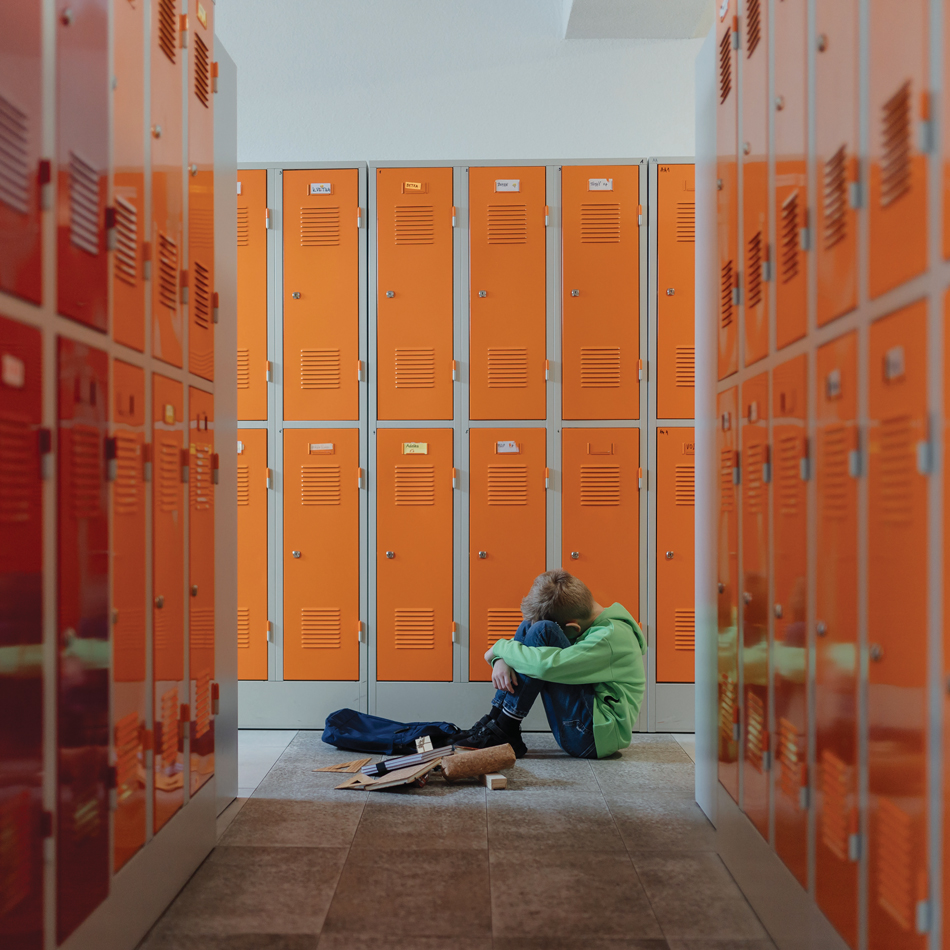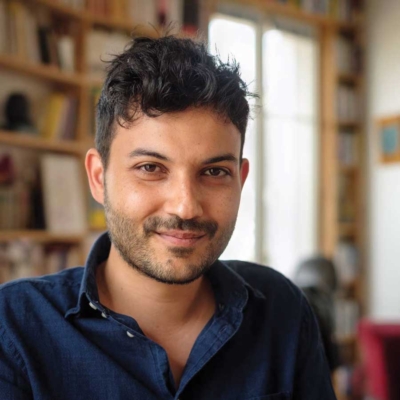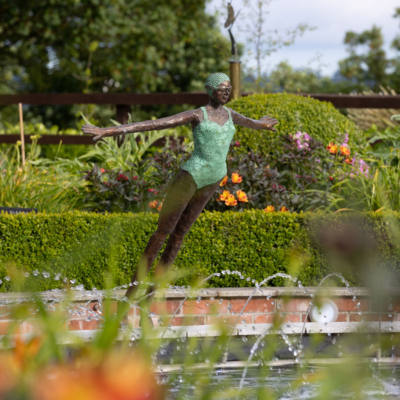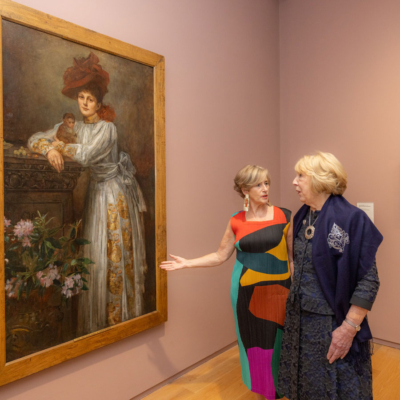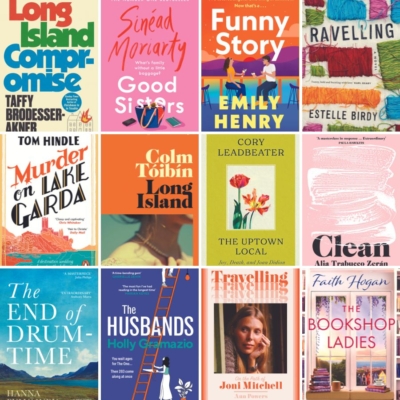Did you unwittingly drop your own little bully off at the school gates last week? Ayelet Gundar-Goshen, clinical psychologist, believes we can eliminate or lessen bullying if we teach our children to BE good rather than FEEL good
When you took your child in for their first day at school, you might have looked around and wondered: which one of these kids running around the playground might crush my child with spiteful words? Which one of these little angels looks like they might bully my son or daughter the minute I’m out of the door? BUT – did you stop to ask yourself about the possibility that it could be your child? Could it be that, out of all the little cubs, it is your child who is actually the wolf? As parents, our biggest fear is that someone will harm our child. We are far less concerned with the possibility that our child will be the one harming others. While I was working as a clinical psychologist in a locked ward youth hospital, I was shocked to realise how little we know about our own children. Kids were admitted to the hospital after being suicidal for weeks, without telling anyone, especially not their parents. Some suffered social media abuse – and some were the abusers, motivated by a toxic combination of rage, pain and narcissism.
While it was easy to identify with the victims, I found myself drawn to the kids who abused their classmates, trying to understand their motivations, and the environment that enabled this behaviour. I found that bullying was more complicated than an individual tendency to violence – it has a lot to do with us, as a society, and with the way we raise our children.
Children often try to cope with social anxiety by challenging the status of their peers. If you’re unsure of your own place in the classroom hierarchy, it’s tempting to put others down in order to feel superior. As a parent, should you intervene if you observe or hear about your child trying to achieve social status in this way – a way which may well damage the self-esteem of another child? I’m not talking about straightforward bullying, which would clearly prompt most parents to take a side – kids can hurt each other in much subtler ways. And this presents us with an important question – is it all about our children feeling good, or being good? Sarah is the most unpopular girl in second class. Dan is somewhere in the middle of the class food chain. For a Mother’s Day school party, the teacher decided to organise a class dance, randomly pairing children together. Dan loudly refused to dance with Sarah. His mother backed him up – “Why should he do something that doesn’t make him feel good?”, she asked me. When I asked her if she had tried to talk to him about it, she shrugged. “I don’t want him to feel guilty for having preferences.” In previous times, parents brought up children under the umbrella of some big ideology. We were all expected to serve some greater cause. Parents wanted to raise “a good Christian”, “a true patriot”, “a good communist”. Now, with the decline of the big ideologies, children themselves have become the sacred cause. Their happiness stands above all else. Above all else, we just want our child to be happy. And so, after getting rid of many sorts of dictatorships, we now face a domestic one: “the feelgood dictatorship”.
I believe we need to teach our children to be good, rather than feel good. It’s not always my job as a mother to make my children feel good about themselves…
Every dictatorship needs an enemy, and the big enemy of “feelgood dictatorship” is guilt. Guilt is a burden, they tell us. It hurts the child’s sacred self-esteem. When someone feels too much guilt, he should go to a guilt expert – a therapist – who’ll cure him and help him live the life he always wanted. As a woman, I do experience guilt to be injected into my gender as a means of control. But as a mother of young children, I find this anti-guilt approach to education to be dangerous.
As with many other contemporary approaches to education, this one too is a reaction to former mistakes. For years, we were told to keep our heads down and give up our dreams and wishes for “the greater good”. Today, it’s all about us. But the shift is too extreme – we’ve moved from ignoring the self to ignoring others. Dan “doesn’t feel like” dancing with Sarah. But what about Sarah, a six-year-old girl who has been humiliated in front of her whole class? Like many parents, Dan’s mother views herself as the protector of her child. The world outside her house is a hostile and chaotic place, and it’s her job to shield her young boy from danger. But we are so occupied with the possibility of our child suffering any sort of trauma, that we rarely stop to ask ourselves – could it be our own child that is traumatising others? You’ll find “bullying” in most surveys about parents’ concerns regarding their child’s school – but it’s always about having our child bullied – never about them bullying or hurting others.
When I became a mother, I swore to always protect my little girl. But should I protect her from the world, or should I also protect her from herself, from the things she’s capable of doing?
Yet, I believe we need to teach our children to BE good, rather than FEEL good. It’s not always my job as a mother to make my children feel good about themselves – sometimes, my job is exactly the opposite. Of course, it’s much more comfortable for me to always tell my child how amazing he or she is – but my duty is also sometimes to make my girl or boy feel guilty for something they’ve done wrong. It may not be a nice feeling, but it is part of the basis of a healthy moral conscience. When we wish “to get rid of guilt”, we’re throwing away a very important mentalorgan – the spinal-cord of our moral behaviour.
As a therapist, I often ask myself about these moral dilemmas, because people quite often come to see me in order to feel good about themselves. Think about a patient who comes to a therapy session after cheating on his wife. “I just want to stop feeling guilty all the time,” he says, as he sits on the couch.
Is that what he came here for? A hundred years ago, this man would probably go to church and confess. Ten Hail Marys and off you go. Today, the therapist’s couch is the new church, and the priest charges €100 for a 50-minute session. We don’t judge, we don’t say “do this” or “do that”. Even though no therapist I know would say that he is against guilt, yet many patients use the session to find selfjustification for their guilt-charged situations.
In Freud’s time, guilt was a means of social control, and emancipation from guilt was a true act of liberation from social repression, especially when it came to women’s sexuality. But is that still true today? Compared to the restraints of the self and the individual in the 19th-century, could it be that millennials face the opposite problems – those of self-glorification, with no tolerance for guilt or shame?
People these days often leave the therapist’s consultation room feeling purified. But what do they leave the couch purified of – the feeling of shame, or their guilt about their actions? Does the man who cheated on his wife intend to act differently from now on – or just to feel differently about the way he acts?
Guilt can be a force for good – and we’re teaching ourselves and our children not to feel it. It’s all about validation – we tell our kids “You are absolutely right!” because we don’t want to hurt their feelings. We tell our friends, “You are absolutely right!” for the same reason. Even if deep inside, we actually feel they are very much wrong. Dan’s mother is one of my closest friends – should I tell her what I really think of her behaviour? Friends are supposed to make you feel good about yourself, right? After all, that’s what parents, friends and therapists are for.
But if you had something stuck in your teeth, wouldn’t you like your best friend to discreetly let you know? It might embarrass you for a minute, but it will also give you the opportunity to remove the food from your teeth, rather than spending the whole day unaware that you’re walking round with it. You want to hear it from your friend, or from your parent – as being told about it by a critical stranger would be a lot more humiliating. When we hear about our flaws from someone who truly cares about us, we might feel guilty or embarrassed, but equally, this person can reassure us that we have other qualities of which we can be proud. Our closest friends don’t taunt us with our failings, they simply point them out, so that we can take care of them.
Those who love us the most should be bold enough to point out the food stuck in our teeth, or in our hearts. That’s the only way to emancipate ourselves from the “feelgood dictatorship”.
If we want to make sure we’re not raising a bully, we must be able to teach our children empathy and compassion. One of my favourite methods is “know thy enemy” – I ask my kids to think of someone they really don’t like. First, I listen to their reasons for disliking this person, and I validate them, saying how annoying this person sounds. And then, I ask them to tell this person’s story from his or her own perspective, and I challenge them to do it as persuasively as possible. Sometimes it’s hard for them, and I have to help a bit with my own ideas. Sometimes it comes right out of them. We practice it with the most hated characters in fairy tales, or at the supermarket, when a grumpy customer starts shouting for no reason. When we’re in good shape, we even try doing it in our own family quarrels – tell the other person’s story – and try to imagine, what’s going on inside his head?
Ayelet Gundar-Goshen’s latest novel, The Wolf Hunt, published by Pushkin Press, is out now.




